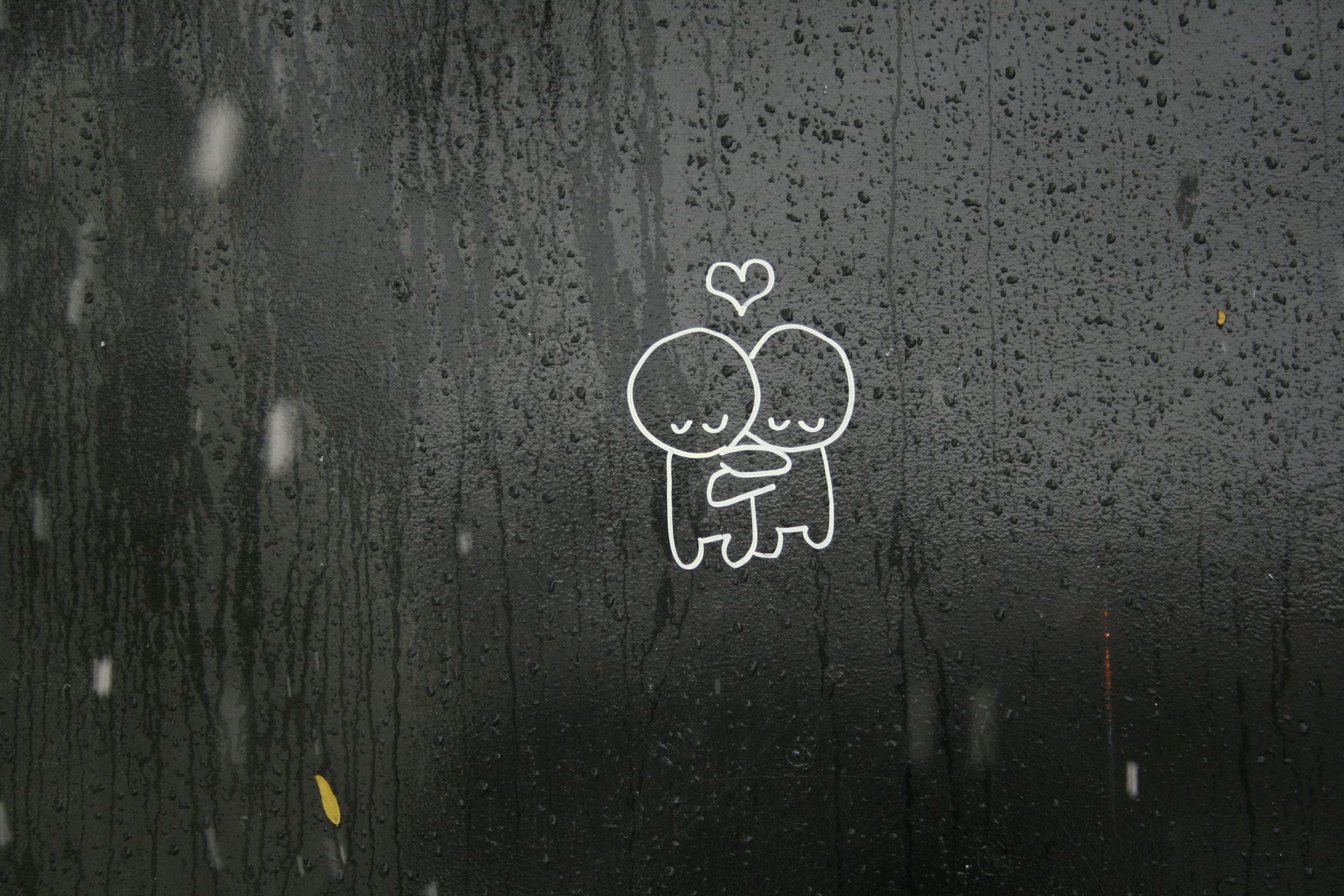There’s No Such Thing as a Perfect Relationship
Conflict Doesn’t Mean You’re Failing—It Means You’re Human
I can’t tell you how often I hear couples say something like:
“If we really loved each other, we wouldn’t fight like this.”
“Why is this so hard for us?”
“It seems like other couples have it figured out. What’s wrong with us?”
If you’ve ever had thoughts like these, I want you to know: you’re not alone, and you’re not failing.
The idea of the perfect relationship is one of the most damaging myths we carry—and it keeps so many people stuck in shame, silence, or avoidance instead of getting the support they deserve.
Every Relationship Has Struggles
Relationships are made up of two whole people, each with their own history, personality, needs, triggers, and ways of coping with stress. It’s not realistic to expect two humans to move through life together without ever clashing, misunderstanding each other, or getting emotionally overwhelmed.
In fact, most strong couples still have conflict. The difference is in how they repair, recover, and stay emotionally connected through it.
What “"Perfect” Often Hides
Often, what looks “perfect” on the outside is just well-practiced emotional avoidance:
Conflict is swept under the rug
Needs are minimized to keep the peace
Big feelings are hidden, even from ourselves
Disconnection is normalized, as long as things seem “fine”
But avoiding conflict doesn’t build closeness; it builds distance. And while that might look tidy from the outside, it’s often painful and lonely underneath.
Conflict Isn’t the Problem—Disconnection Is
In therapy, I’m not focused on helping couples never argue. That’s not realistic, and it’s not the goal.
What we focus on is:
Learning how to stay connected during hard moments
Understanding what’s really happening beneath the surface
Repairing ruptures with care instead of blame
Turning conflict into clarity and connection
That kind of work leads to something much more meaningful than “perfect.” It leads to something real.
What Real Connection Looks Like
Real love isn’t flawless.
Real love isn’t effortless.
Real love includes missteps, misunderstandings, and moments of doubt.
But real love also includes:
Owning your impact
Staying present, even when it’s uncomfortable
Being willing to grow, individually and together
Learning how to come back to each other, again and again
Therapy Isn’t Just for Struggling Couples, It’s for Growing Ones
You don’t have to be in crisis to start couples therapy. In fact, the couples who thrive most often come in when they realize:
“We’re doing okay, but we want more. We want deeper understanding, more intimacy, and better tools to move through the inevitable hard moments.”
If that sounds like you, I’d love to help.
You don’t need to be perfect. You just need to be willing.


